
Up to 50 million people have downloaded one, many without realising their data may be sold to third parties.
Up to 50 million people have downloaded a period or cycle tracking app (CTA), many without realising that all the personal data they punch into it may be sold to third parties for advertising and research purposes.
Now experts have warned that data could be dangerous in the wrong hands and Australian women "have a right to be angry" about it, one expert says.
Used to track menstrual cycles and fertility, CTAs make up more than half of the booming 'femtech' market, which is projected to be worth more than US$60 billion (AU$92.4 billion) by 2027.
READ MORE: Israel strikes surface-to-surface missile sites in central Iran

Many Australians use them for convenience and family planning without ever thinking about where their personal data – from period dates to potential pregnancies – goes once they punch it into the app.
Now a report from the University of Cambridge has revealed that CTA data is being sold at scale for profit, calling the apps a "gold mine" for consumer profiling.
User data collected by CTAs can offer insights into the reproductive choices, mental health concerns, sexualities, social habits and politics of individuals and groups – the kind of data many third parties would pay a fortune for.
Have you got a story? Contact reporter Maddison Leach at mleach@nine.com.au
The report revealed that this data being sold at scale for profit and that warned that could have far-ranging impacts on users, from facilitating targeted advertising to posing serious health risks.
"Menstrual tracking data can be used to control people's reproductive lives," Dr Stefanie Felsberger, one of the reports authors, wrote.
"This data in the wrong hands could enable harms that go beyond reproductive health, like intimate partner violence, risks to job prospects, workplace monitoring, or health insurance discrimination."
In the UK, police may be able to search a woman's phone for CTA data after unexpected pregnancy loss and in the US, officials have reportedly collected data about menstrual cycles in attempts to undermine access to abortions after Roe v Wade was overturned.
“Whilst the risk of our reproductive choices being policed may seem unlikely in Australia, we have seen how quickly reproductive rights can be eroded in the US,” Research Fellow at Sydney School of Public Health Dr Tessa Copp told 9news.com.au.
Conjoint associate lecturer at the University of Newcastle's School of Biomedical Sciences and Pharmacy, Dr Emmalee Ford called the report "scary" but unsurprising.
"The problem with a lot of these apps is if the app is free, you are the product," she told 9news.com.au.
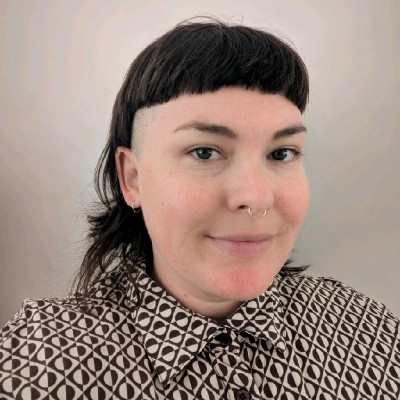
"I do think that people have a right to be annoyed by this, they have a right to be angry about it, and we have a right to demand better."
READ MORE: Millions to shiver through multi-day blast of polar winds
Research from 2023 claimed that Australians who use 12 of the most popular fertility apps (Clue, Flo, Glow, My Calendar, Period Calendar, Natural Cycles, Ovia, Pregnancy+, Pregnancy Tracker, WomanLog and What To Expect) are often presented with misleading privacy messages and aren't given control over how their data is used for advertising and research purposes.
Associate Professor from the University of NSW's Law and Justice faculty Katharine Kemp, who conducted the study, said it could potentially lead to people being exploited when their data is sold to third parties.
But Ford revealed that's nothing new in the digital age.
"When we engage with any app, a social media app, even some photo apps, they all have the same relationship with private companies and selling data," she said.
Apps are required to disclose if they share user data with third parties but those disclosures are often buried in long terms and conditions agreements, which can make it hard for users to understand how their personal data may be used.
While many Australians are willing to take that risk when it comes to their public accounts on social media apps, the data they put into a CTA is more sensitive and personal.
It can feel like more of a risk to use these apps knowing that private information may be sold to third parties who can use it for targeted advertising (such as ads for baby clothes when a person falls pregnant), among other things.
“They market themselves as medical tools, some even claiming to help diagnose conditions, but are not regulated or held to medical device standards, risking harm to women,” Copp said.
It doesn't help that many CTAs employ an 'all or nothing' data privacy agreement wherein users must agree to having their data shared in order to use the app.
"You either say yes or you don't get to use it," Ford said.
"It's unacceptable and I just think that regulators have more of a responsibility here."
READ MORE: Race against time to find gunmen who shot Aussies in Bali
The Cambridge report made six recommendations to mitigate risks posed by CTAs selling user data to third parties and "reframe reproductive care as vital healthcare".
They included incentivising research on menstrual and reproductive health, raising awareness and digital literacy around period tracking, and public health bodies developing their own CTAs as an alternative to commercial apps.
The report also called for stricter regulation of CTA data as sensitive health information, improving how CTAs manage and protect user data, and making them more transparent.
"We need health providers who we trust to have their own apps, and we need to be able to put the decision back to the people using the apps, and make it very clear about what's involved," Ford said.
"There should also be an opportunity to not be part of data sharing."
Australians deserve stronger protections around these apps instead of expecting individual women to research the data privacy policies of every CTA on the market to find the least risky option.
Ford wants stricter regulations that would force CTAs and other apps to be more transparent about how user data is used and urges Australians to contact their elected officials to take action on the issue.
Copp encouraged Australians to “think carefully about the types of data they would be happy to have shared or enter the bare minimum of data required to give basic cycle information, whilst keeping in mind this can still be shared and profited off”.
DOWNLOAD THE 9NEWS APP: Stay across all the latest in breaking news, sport, politics and the weather via our news app and get notifications sent straight to your smartphone. Available on the Apple App Store and Google Play.
 Mushroom cook accused of 'four calculated deceptions'
Mushroom cook accused of 'four calculated deceptions'
 Abu Dhabi makes $30 billion cash bid to acquire Australian oil giant
Abu Dhabi makes $30 billion cash bid to acquire Australian oil giant
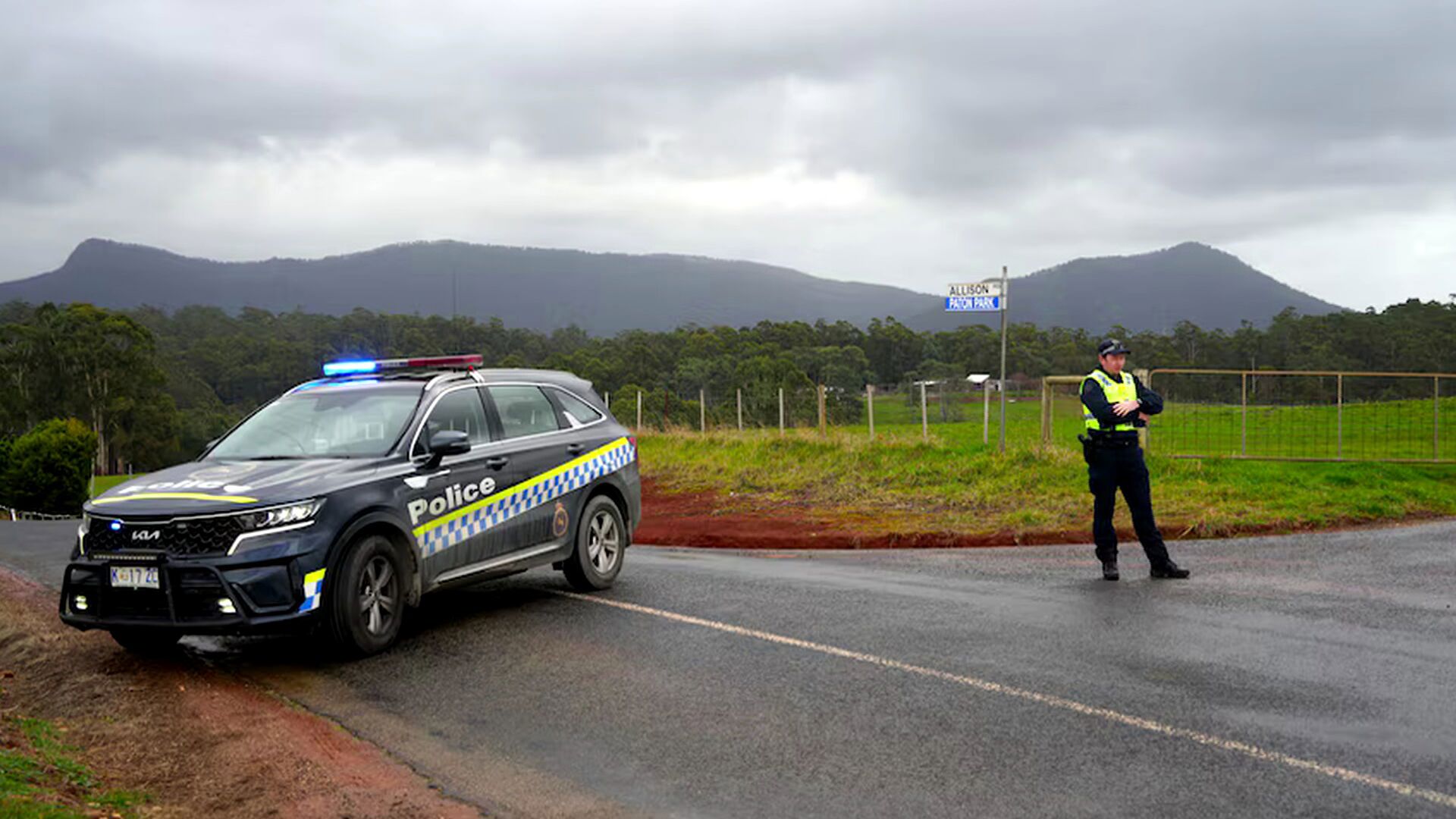 'Heartbreaking': Police officer of 25 years fatally shot at Tasmania property
'Heartbreaking': Police officer of 25 years fatally shot at Tasmania property
 ASX accused of 'repeated and serious failures' by corporate watchdog
ASX accused of 'repeated and serious failures' by corporate watchdog
 Underworld figure targeted in brazen kebab shop shooting
Underworld figure targeted in brazen kebab shop shooting
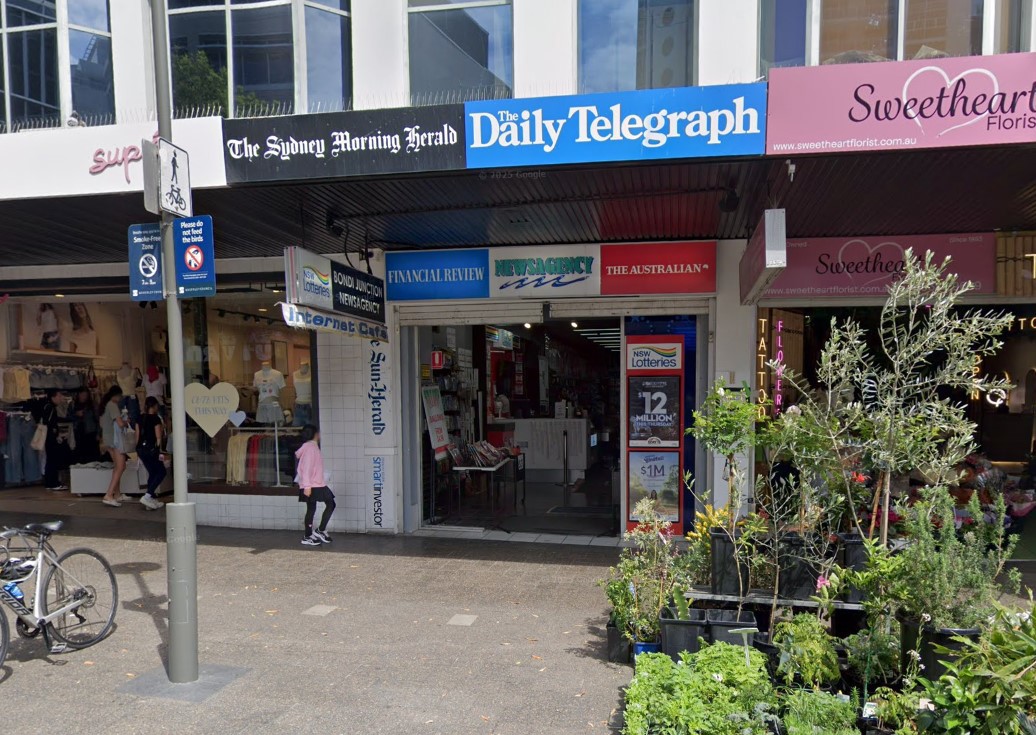 Winner of $100 million still a mystery days after lotto draw
Winner of $100 million still a mystery days after lotto draw
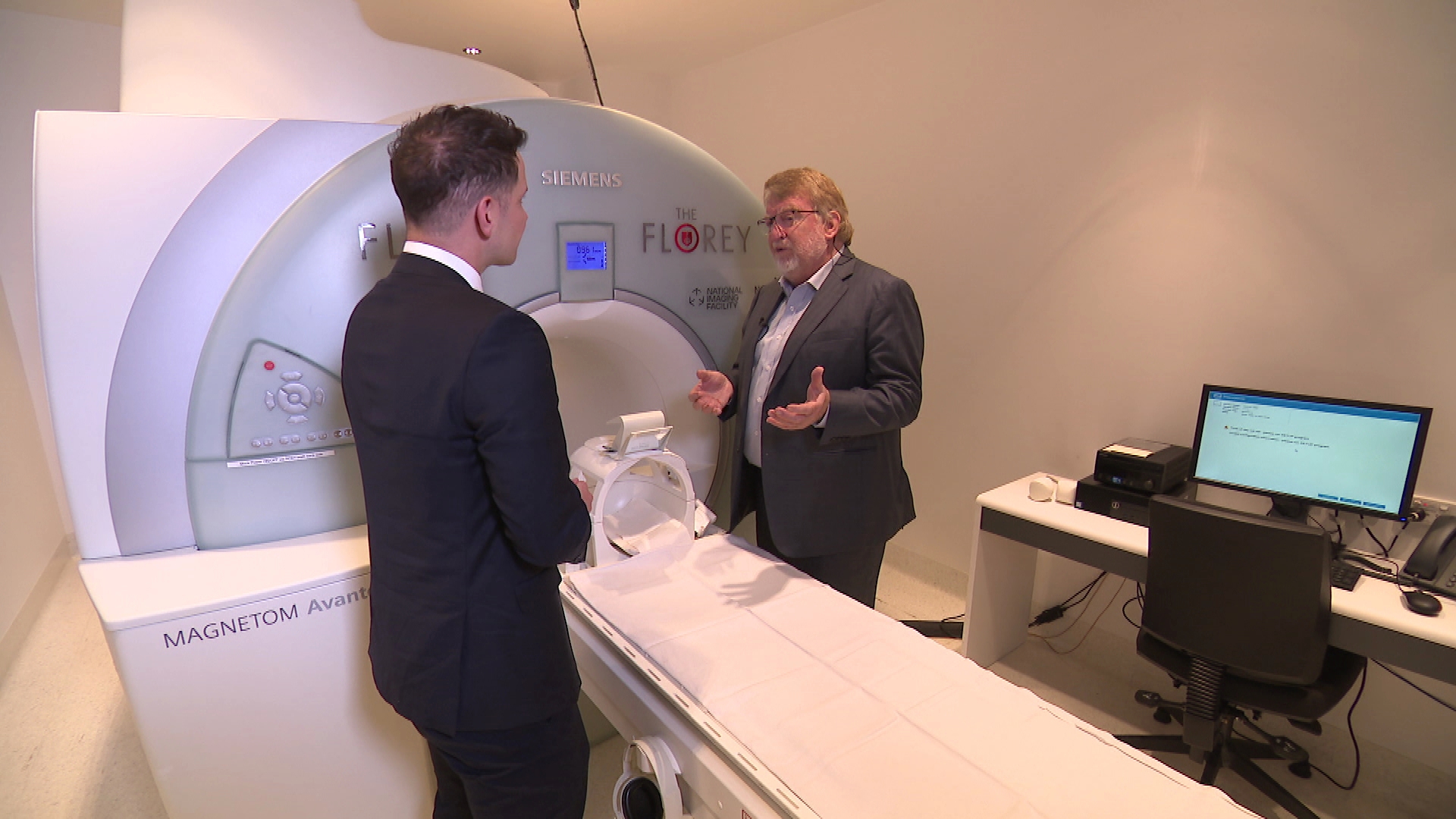 Artificial intelligence breaks new ground for Australians with epilepsy
Artificial intelligence breaks new ground for Australians with epilepsy
 Suspect accused of killing Minnesota politician and husband arrested
Suspect accused of killing Minnesota politician and husband arrested
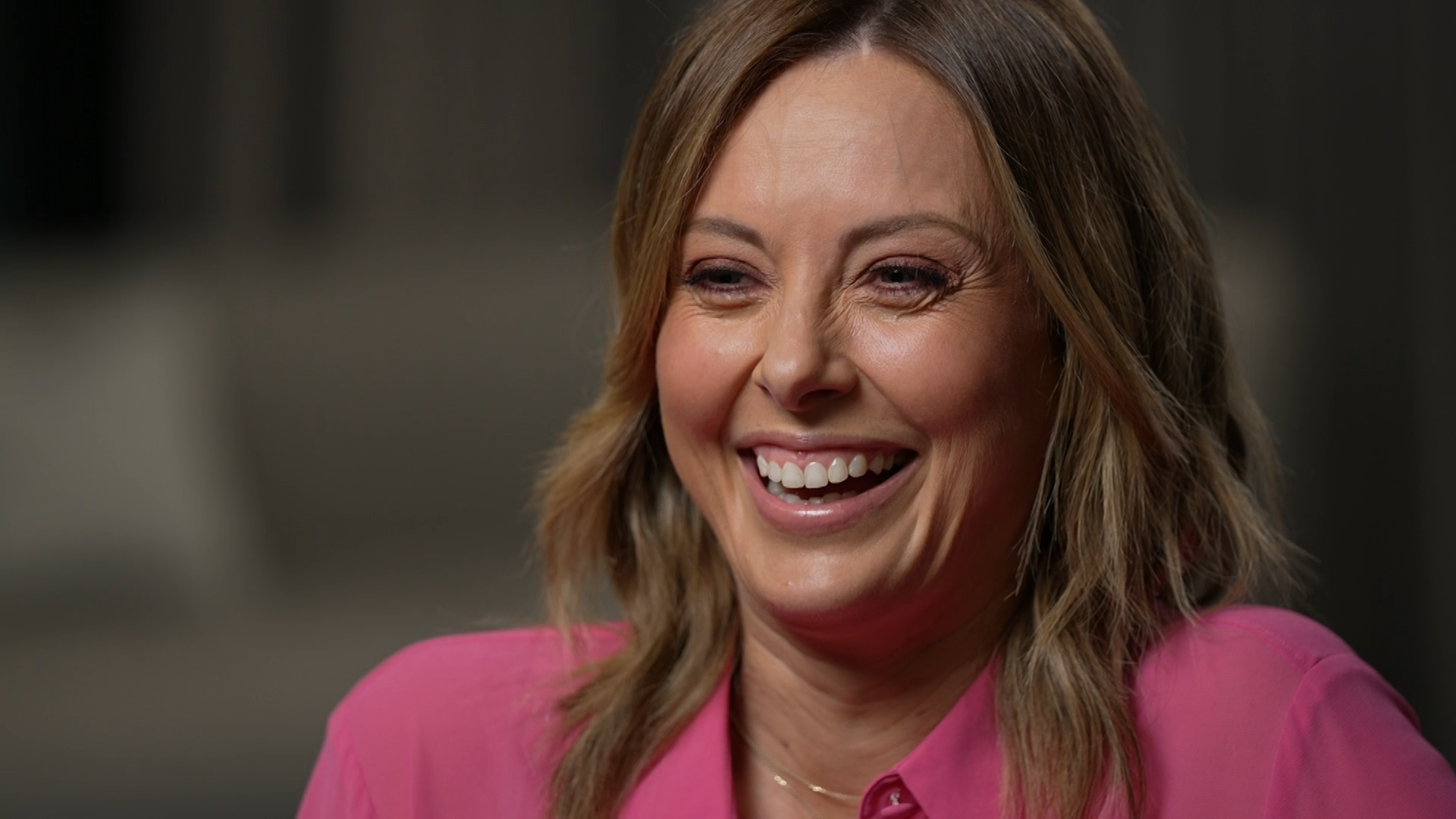 Ally Langdon nominated for Gold Logie
Ally Langdon nominated for Gold Logie
 Famous faces spotted as No Kings protests take place across US
Famous faces spotted as No Kings protests take place across US
 Race against time to find gunmen who shot Aussies in Bali
Race against time to find gunmen who shot Aussies in Bali
 'You know you want to fight me': Road rage victims feared for their lives
'You know you want to fight me': Road rage victims feared for their lives
 Hunt for suspected arsonist after car yard goes up in flames
Hunt for suspected arsonist after car yard goes up in flames
 Democrat leader killed in 'politically motivated assassination'
Democrat leader killed in 'politically motivated assassination'
 Donald Trump 'No Kings' protests held across America
Donald Trump 'No Kings' protests held across America
 Trump and Melania all smiles at US military parade as protests rage
Trump and Melania all smiles at US military parade as protests rage






